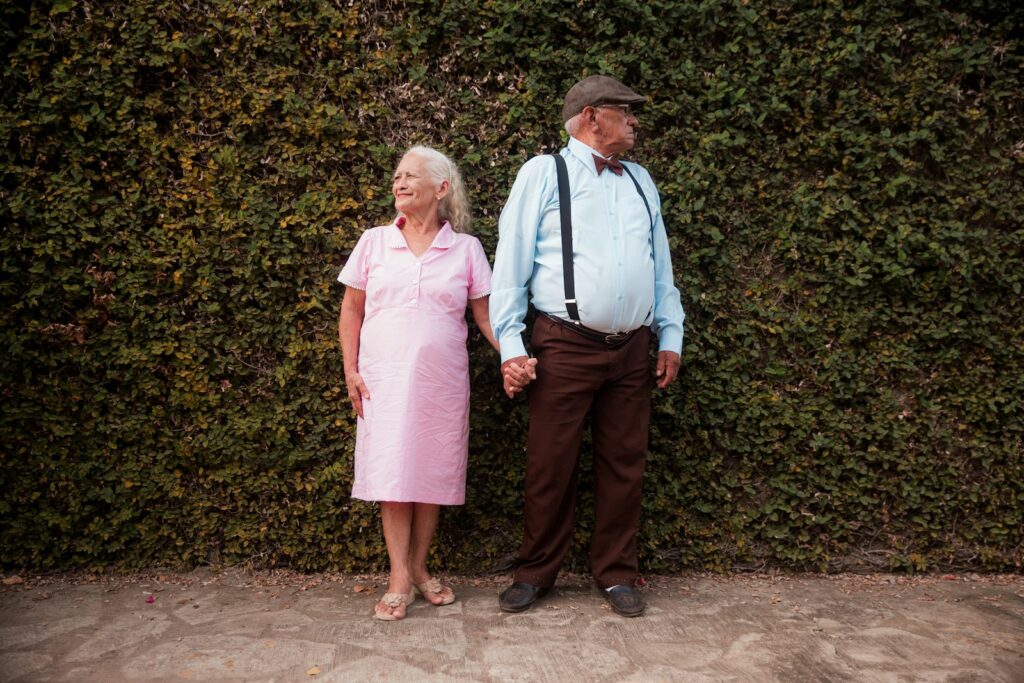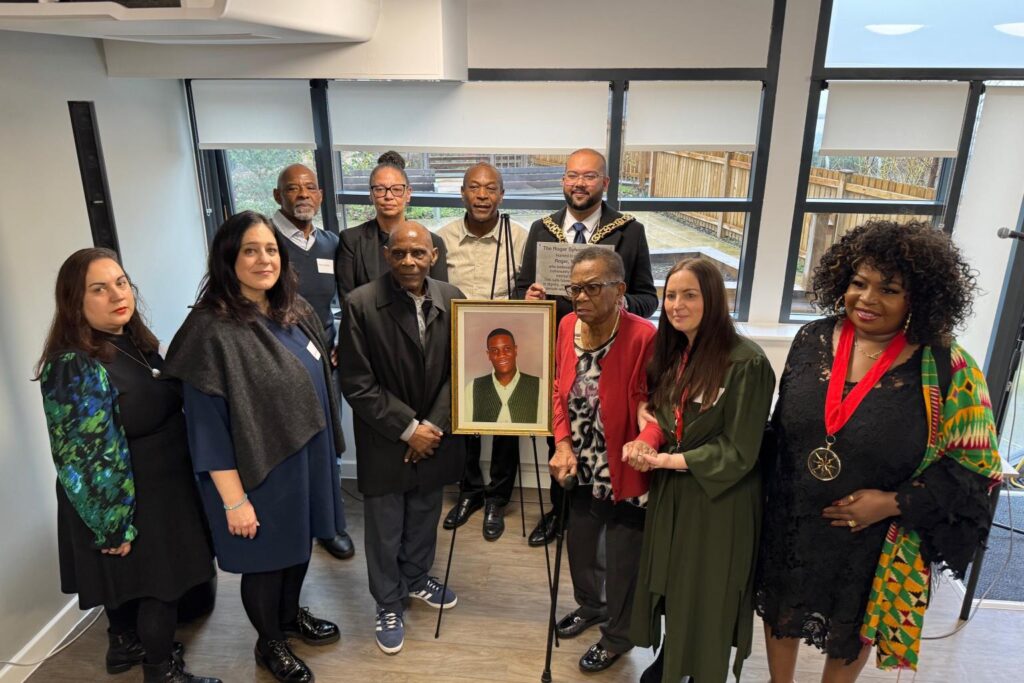The Maria Montessori Institute has been running care workshops in England to help elevate the quality of life for care patients.
Next month, Anne Kelly, an experienced nurse and internationally renowned aged care expert, is travelling from Australia to London to provide a workshop for family members, carers, nurses, and other health professionals, demonstrating how the Maria Montessori Institute can transform the lives of care residents who suffer with dementia, disabilities, or ageing.
The approach focuses on respecting individuals and creating environments where they can do things for themselves and contribute to their home or community. Care homes that have already adopted the approach have experienced rapid improvements in patient outcomes and wellbeing and some have gone on to win awards for their care transformations.
‘Dementia and disabilities can make people feel worthless and miserable, and home routines can so easily rob them of their independence and dignity,’ Anne said. ‘The Montessori approach can dramatically improve their well-being and enable them to do things for themselves rather than having things done for them. It empowers not only patients but carers and families too.’
She adds: ‘It doesn’t matter how old or able we are, whether we’re four, 40 or 104, or whether we are deaf, in a wheelchair or have other disabilities; we all need a reason to get out of bed every day.
‘Most people associate Dr Montessori’s work with a childhood education system. When discussing Montessori’s methods for ageing, disability, and dementia, we’re talking about her ethos and philosophy that transfers over into aged and disability care.’
Insights involved within the workshop include:
- How to prepare environments conductive to self-care and community engagement for individuals facing dementia, ageing, or disability challenges
- Matching roles and activities to individual abilities, leveraging personal history and strengths
- Fostering independence, social connections, friendships, and a sense of purpose
- Building confidence and self-esteem through well-structured routines
- Providing cues, prompts, materials, and templates to support memory loss or other challenges
- Implementing the approach in various settings, from individual care to group activities, in both home and residential settings and hospitals
The next workshop is due to take place in London on Monday 20th and Tuesday 21st November. However, if you can’t attend these in person, the institute also throw workshops online.
Images: Johannes Plenio and The Maria Montessori Institute
Graduates are key to steering future tech development in social care
Recommendations for improving care regulation in Scotland published

















Leave a Reply